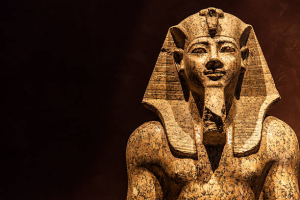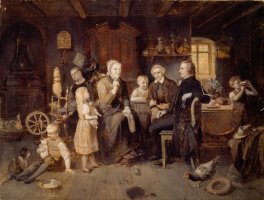Top 4 Curious Facts about Nemesis
Greek goddesses, with a few exceptions, are known for their emotions and involvement in domestic tasks. Because of their inflated personalities, they make good ... read more...archetypes. These goddesses resembled contemporary superheroes and were immortal. However, they continue to struggle with unfavorable feelings and character faults. Many gods' and mortals' lives were harmed as a result of their unpleasant feelings. They occasionally found themselves in their own lives as a result of poetic justice. There was a goddess who, in contrast to traditional gods, inflicted suffering as a heavenly duty. She was Nemesis. Do you have any curiosity about this woman? Let's follow Toplist to discover some curious facts about Nemesis.
-
The Greek deity Nemesis was tasked with overseeing human affairs in order to preserve harmony. Her name referred to the person who distributes or deals out, or to "giving what is due." One of the curious facts about Nemesis is she was known as the goddess of balance because she weighed joy and sadness in her equilibrium. Nemesis might cause losses and suffering if a person had bliss regularly.
Nemesis was revered as the goddess of vengeance, the supernatural or divine punishment meted out by a deity to an individual, a group of individuals, or the entire human race in retaliation for some wrongdoing. She applied her divine justice to those who had acted haughtily toward the gods. She would scream at people who did bad things and received unjustly fortunate fortune.
She possessed a unique ability granted to her by the supreme gods to convince mankind that they are not superior to gods. Compensation for the victims served as the penalty. She exacted vengeance on those who wronged others and made a show of it. She was therefore also known as the goddess of wrath. Nemesis is portrayed in Greek tragedies as the avenging force of wrongdoing and the chastiser of arrogance. She resembles At and the Erinyes as a result. She was occasionally referred to as "Adrasteia," which means "inescapable." She resembles other deities including Cybele, Rhea, Demeter, and Artemis in her representations.

Photo: spiritual-social 
Photo: learnreligions -
Like all the other ancient gods, Nemesis was a lovely goddess. Many gods liked her and obeyed her. Zeus, on the other hand, was the one who was able to lure her into being raped. Zeus had countless extramarital affairs and was all-powerful. He desired relationships with both the alluring goddesses and the mortals.
In some myths, Nemesis, not the mortal queen Leda, is Helen of Troy's mother. The lost epic Cypria, which serves as the Iliad's introduction, is where this story first appears. Stasinus of Cyprus, the work's author, said that Helen was the result of Zeus raping Nemesis.
Nemesis fled in shame when Zeus followed her after falling in love with her. Zeus eventually caught her despite her attempts to flee in a number of different shapes. Zeus hunted Helen down in the form of a swan, raped her, and left her with an egg that was handed to the queen of Sparta; Helen hatched from the egg and was nurtured by Leda, according to Pseudo-Apollodorus. In a different version, Zeus yearned for Nemesis but was unable to convince her to have sex with him. As a result, he gave Aphrodite the assignment of changing into an eagle and simulating a chase while he changed into a swan. Nemesis offered the unfortunate swan sanctuary in her arms out of compassion and dozed asleep. Zeus sexually assaulted her while she was dozing, and eventually she gave birth to an egg that Hermes brought to Leda. In his Catasterismi, Eratosthenes claims that Cratinus provided this interpretation.

Photo: Zeus- didimholiday 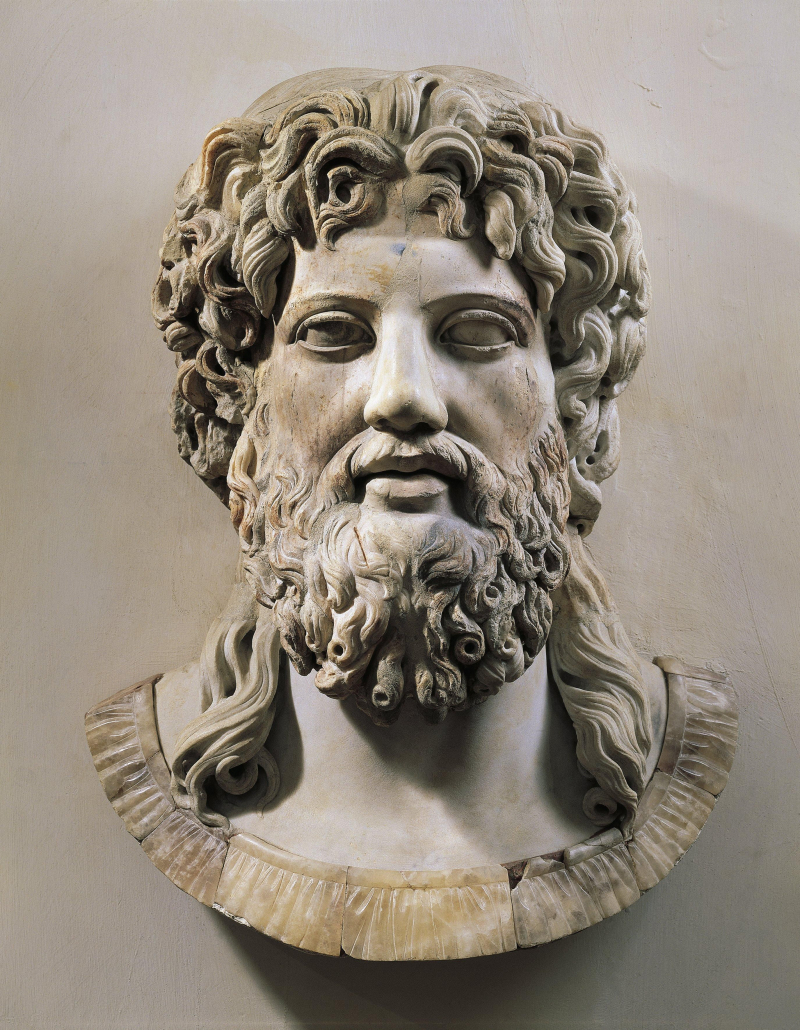
Photo: thoughtco -
Numerous tales and myths in Greek Mythology deal with Nemesis' retribution. The most well-known one is about the hunter Narcissus from Thespiae, Boeotia.
The river's patron god Cephissus and the nymph Liriope gave birth to Narcissus. His good looks were well renowned. He noticed someone was following him as he was going through the woods one day. Who was there? Was teased back at him when he inquired. He was first noticed by a mountain nymph named Echo, who fell in love with him right away. She immediately made herself known and made an attempt to embrace him. He instructed her not to pursue him as he turned and left. After being abandoned, Echo lived the rest of her life in solitary glens. As a result, she was reduced to a sound for others.
One of the curious facts about Nemesis is she made the decision to punish Narcissus after learning the tale. After a summertime hunting trip, he once felt thirsty. He was drawn to the pool by the goddess, where he caught a glimpse of himself in the water. Unaware of it, he grew to love himself dearly. He starved to death there and changed into a gold and white flower after realizing he couldn't leave his reflection.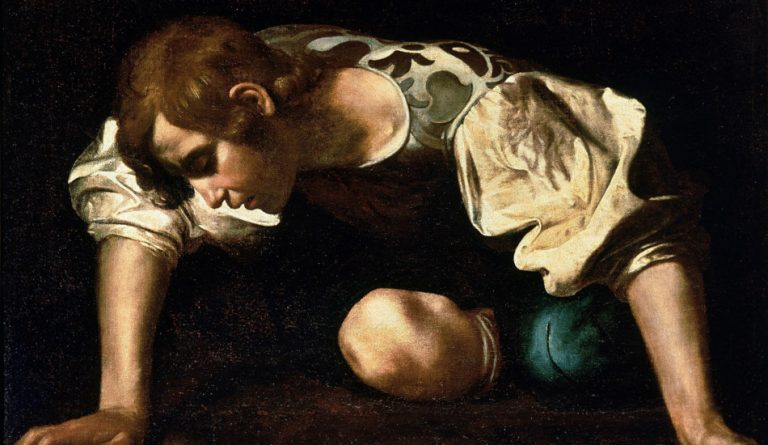
Photo: Narcissus - nspirement 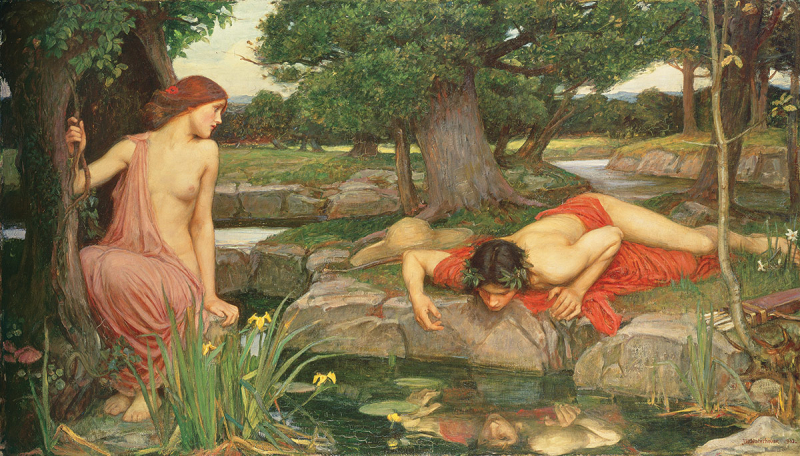
Photo: Narcissus - jcf -
In all the various Empires and Religions of the ancient world, each deity had a counterpart. The Roman equivalent of the Greek Goddess Nemesis was Invidia.
Invidia was considered a witch since she was linked to enmity and wickedness. She was followed in her witchcraft by the Roman women. They took her lead and studied witchcraft practices. Invidia was intimately associated with situations in which justice was violated, unjust wealth was on display, and power was exploited dishonestly, all of which were upsetting. She was characterized as having thin, pale skin, and teeth that were stained. Invidia was elevated to one of the Seven Deadly Sins in the Christian religion.
The virgin goddess of divine vengeance and punishment is called Nemesis/Invidia. One of Zeus's helpers, Nemesis, measures happiness and unhappiness. If she finds that bliss is too frequent or excessive, she causes loss and suffering to restore balance. When mortals violate laws and taboos, she bestows divine wrath onto them. She taught us that good things come in pairs with bad things, so even when things appear hopeless, good things are always on the horizon.
In a similar vein, Lord Shani was the Hindu equivalent of Nemesis. He was a good-natured god who was revered by all Hindus.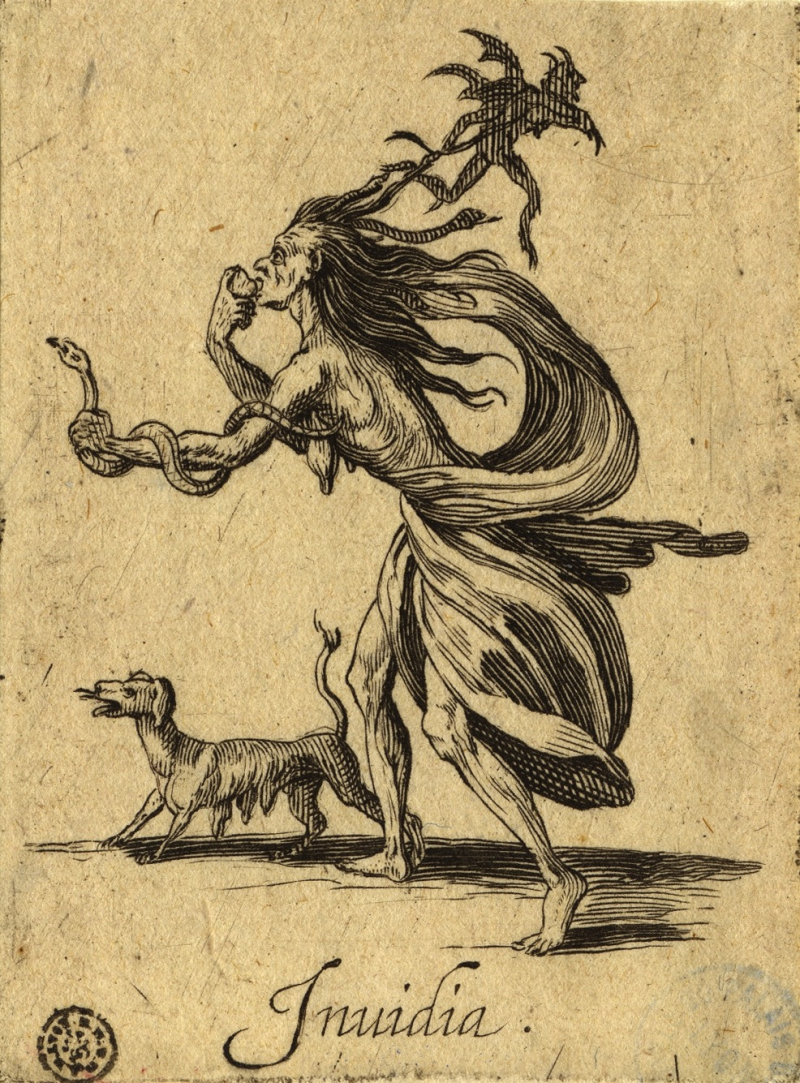
Photo: wccftech 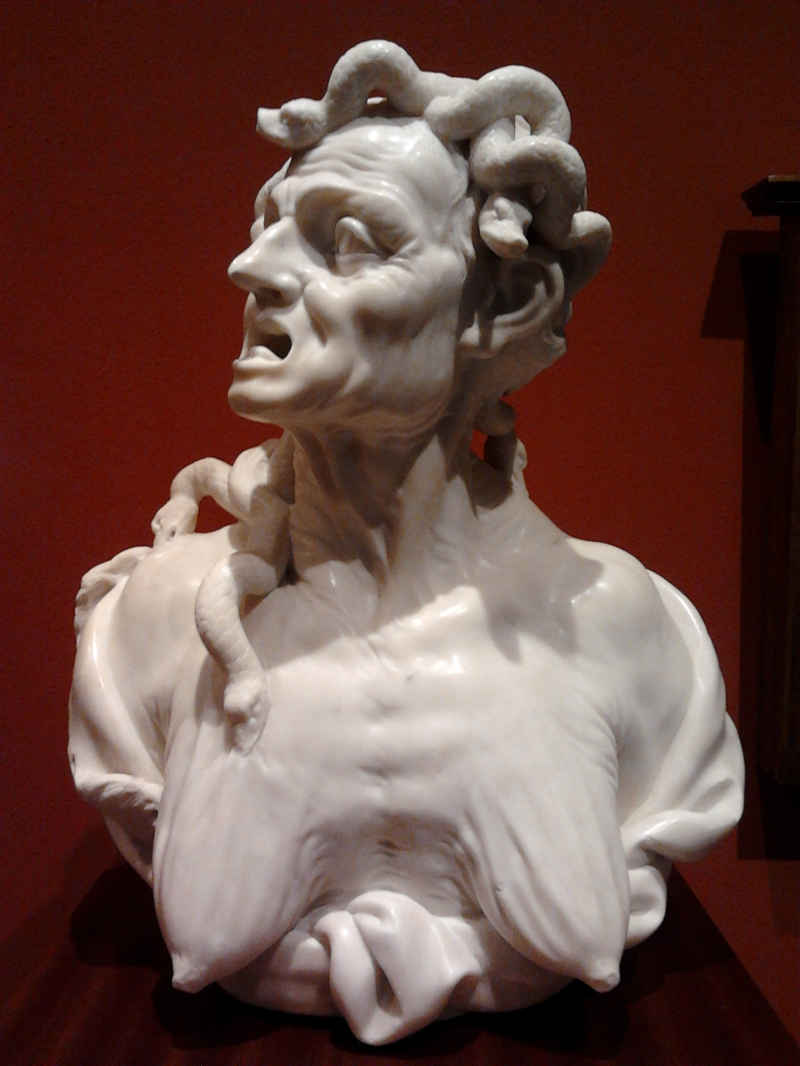
Photo: Invidia - wikipedia
















